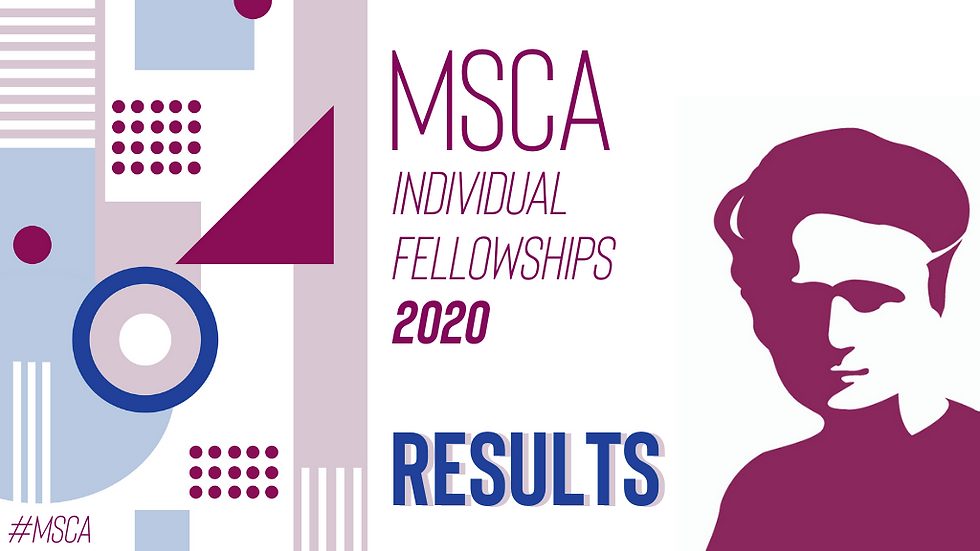Marie Skłodowska Curie Action Grant 2020 for „Sounding Crisis“
- ANIA MAURUSCHAT

- Aug 29, 2021
- 3 min read
Updated: Jul 25, 2022
On February 8, 2021 the European Commission announced the results of the MSCA Individual Fellowship 2020: This time €328 M in grants has been awarded to 1630 excellent experienced researchers from all over the world. It is my great pleasure and honor that my project proposal “Sounding Crisis. Sonic Agency as Cognate Energies for Climate Action in Denmark, Greenland & Australia“ (official title) has been awarded one of these prestigious grants.

In the face of climate crisis, this project researches the concept of ‘Sonic Agency’ within climate change discourse as an alternative knowledge of ‘energies’. In contrast to the concept of ‘energy’ in sources and systems of fuel and power generation, I understand ‘energies’ as ‘multi-faceted and interrelated phenomena that emit sound and can be listened to in productive ways.
‘Sonic agency’ is defined as ‘acoustic as well as electronically amplified and transmitted sounds as levers to the senses and creators of potential change’. This anthropological notion of sound encompasses both the sound practices of Indigenous peoples addressing environmental issues as well as urban climate activism and its sound practices across all the sites in which it may be present, such as classical media reports, the a/v in social media, music and street protests, artistic expressions and new techniques and practices.
The aim is to unveil the continuities and variations of different forms of ‘sonic agency’. The project is innovative in its understanding of ‘sound’ as an analytical point of access to the complex concept of ‘energies’. It understands sound itself as energy in three ways: (1) Sound waves as mechanical energy, (2) Indigenous sound practices as expressions of the Indigenous notion of ‘energy intimacy’, and (3) practices of urban climate activists as articulations of the so-called ‘energy unconscious’ as well as urban examples of 'energy intimacy'.
The project will have a synchronic and diachronic perspective, as it also will refer to historical protest movements and the role of ‘sonic agency’ within them. As this project is committed to ethical and responsible research and data management, it is equally concerned with environmental as well as with decolonial topics, it aims to provide new, decolonial insights for enhancing the terminology, methods, and theories of Sound Studies and for re-thinking the Western concept of ‘energy’. It combines in an innovative way the two novel approaches of Anthropology of Sound and Sound & Energy Studies to further elaborate the concept of ‘Sonic Agency.’ It, therefore aims at, to contribute to the emerging field of Energy Humanities.

From September 2021 to August 2023, the "Sounding Crisis" research project will be hosted at the University of Copenhagen. In Denmark, Holger Schulze, full professor in musicology and principal investigator at the Sound Studies Lab, is my supervisor. During my research stay in Australia, the renowned Sound and Energy Studies scholar Douglas Kahn will be my host in Sydney.
I thank the reviewers of the European Commission, who chose my project from 11’573 submissions in 2020, as well as everyone who supported me since 2018 in the process of developing this project. My gratitude for their hospitality goes out to the Department of Arts and Cultural Studies of the University of Copenhagen and my two supervisors, Holger and Doug. I look forward to these promising collaborations and to all the encounters with new people I will make and from whom I hope to learn so that I can do better in the future.










Comments